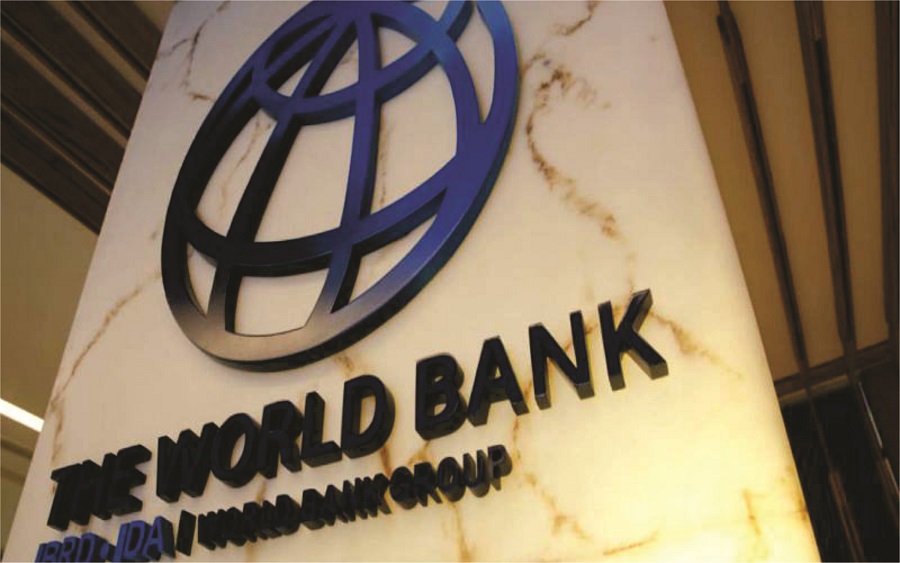World Bank: Nigeria, 5 Other African Nations Ready for Carbon Tax
- Posted on June 05, 2023
- Politics
- By PETER AGADA

According to the World Bank, Nigeria, and five other countries are good places for the implementation of carbon prices.
The World Bank identified Nigeria and five other African nations as being suitable for the implementation of carbon prices in its State and Trends of Carbon Pricing report for May 2023. South Africa is currently the only country on the continent with carbon price regulations in place.
However, carbon taxes and emissions trading systems (ETS) are gaining popularity across Africa. According to the report:
“Almost every world region has low- and middle-income countries considering carbon taxes or ETSs. While South Africa has been the only country to implement a carbon tax in Africa thus far, Botswana, Côte d’Ivoire, Gabon, Morocco, Nigeria, and Senegal have all shown an appetite to adopt either a carbon tax or an ETS.”
Furthermore, the research stated that Côte d'Ivoire and Senegal have performed feasibility and impact assessment studies with the assistance of international donors, while Botswana is still investigating the viability of imposing a carbon price. Meanwhile, Gabon and Nigeria have both published legal frameworks for their domestic ETSs.
The publication highlighted Nigeria's Climate Act, which creates a body with the authority to create an ETS. It also stated that if these countries begin carbon pricing activities, the global landscape of carbon price acceptance might change dramatically.
The article cited numerous causes driving the increased interest in carbon taxes among a larger number of countries, including fiscal pragmatism, border carbon adjustments, EU admission, novel policy designs, and climate action.
Governments are increasingly recognizing the possibilities of carbon taxes or ETSs to promote budgetary reforms by raising income through a system that creates favourable conditions for change. This is especially important given the large levels of public debt faced by many nations, as well as the issues posed by informal economies, which may limit the efficiency of conventional revenue-raising strategies such as value-added tax (VAT) or income tax.
Additionally, the European Union's planned Carbon Border Adjustment Mechanism (CBAM) contains measures for reduced import charges if the embedded emissions have previously been subjected to a direct carbon price in their place of origin.
What Is The Use of Carbon Tax?
Governments use a carbon tax as a policy instrument to charge businesses and other organizations a price for the greenhouse gases (GHG) they produce. Under a carbon tax, the government sets the price of emissions (the tax rate), and the amount by which emissions are reduced relies on how polluting firms respond to the tax.
A government-imposed cap on GHG emissions from subject organizations is crucial to an emissions trading system (ETS).


Be the first to comment!
You must login to comment